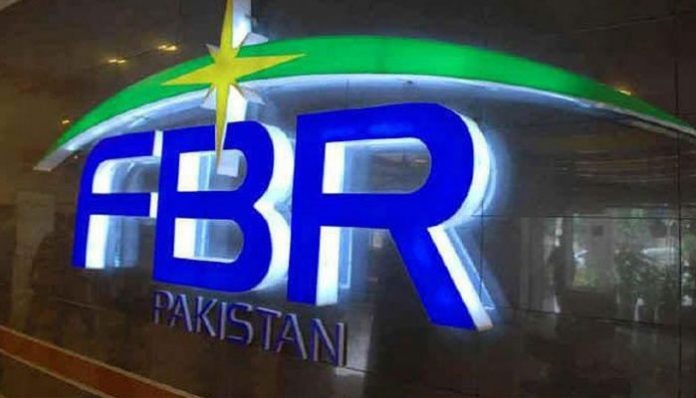ISLAMABAD: The Federal Board of Revenue (FBR) has issued a notification in the wake of presidential ordinance for amendments in the tax laws related to the greenfield industry and traders and retailers falling under the tier-1 classification.
According to the FBR notification, any land which has not been used for any commercial, industrial or manufacturing will fall under the greenfield status in light of the amendments introduced through the presidential ordinance.
A circular issued by the FBR also introduced prescribed penalties for tax defaulters falling under the tier-1 category.
Under the new rules, the traders and grocery sellers under tier-1 might have their shops sealed or fined massively while vendors may also face imprisonments for failing to register with FBR’s computerised monitoring and tracking system.
According to the changes, traders and shopkeepers who tamper with the FBR’s system might face a fine of up to Rs500,000 or up to 200 percent of the taxes, which have been evaded. Similarly, those failing to file taxes with the FBR’s system might face up to Rs1 million in penalties.
The repeat offenders would have their shops sealed and an additional Rs1 million fine would be slapped over non-compliance within six months of the first penalty.
Dealers involved in smuggling of precious metals including gold and silver would be subjected to hefty fines and imprisonment while their stocks would be confiscated.
However, individuals without NTN and sales tax registration number would be spared from fines on items sent as gifts through courier services, air cargo or diplomatic cargo or imported or exported by local, provincial or federal governments.
The manufacturers and importers, who fail to print retail prices on packaging of taxable items would be fined at Rs10,000 or 5 percent of the tax applicable on the product.
The penalties and punishment have been laid to combat elements involved in currency smuggling and terrorism financing.
According to the presidential ordinance, foreign currency being illegally carried outside the country would be confiscated and subjected to a fine proportionate to the amount of foreign exchange being smuggled.
Those possessing foreign currency between $10,000 and $20,000 would have to pay twice the amount being seized while individuals possessing foreign currency between $20,000 and $50,000 would be liable to pay thrice the amount being confiscated as well as serve two years in jail.
Those found possessing over $50,000 and up to $100,000 could face up to seven years in jail and three times the amount confiscated as fine.
Similarly, any gold, silver and precious stones being illegally carried outside the country would also be confiscated while the smuggler would be nabbed.
Customs authorities and officials were allocated powers to enforce all these laws.
As per the ordinance, the seized items would be presented before a special judge during the inquiry phase and after record of the evidence, the court may grant orders for auction of the seized shipment or its disposal.




